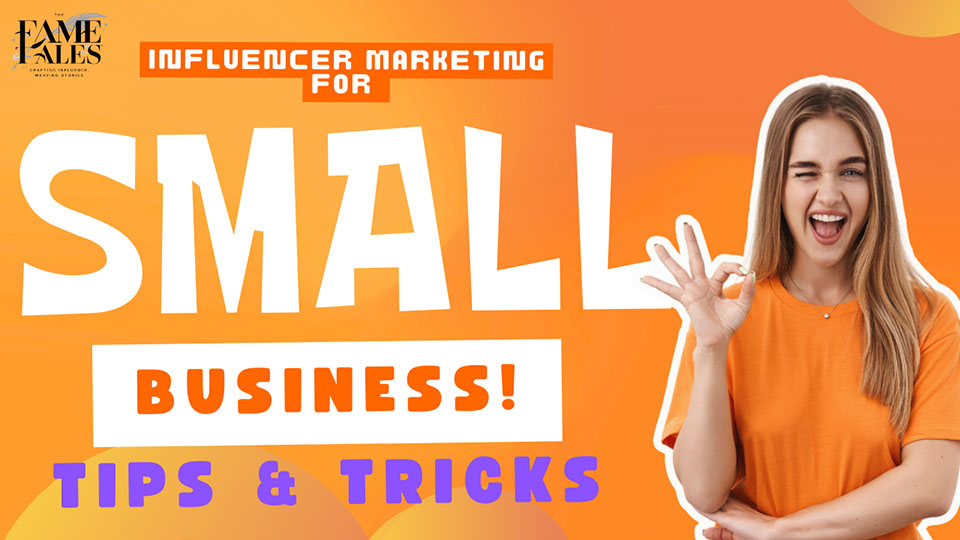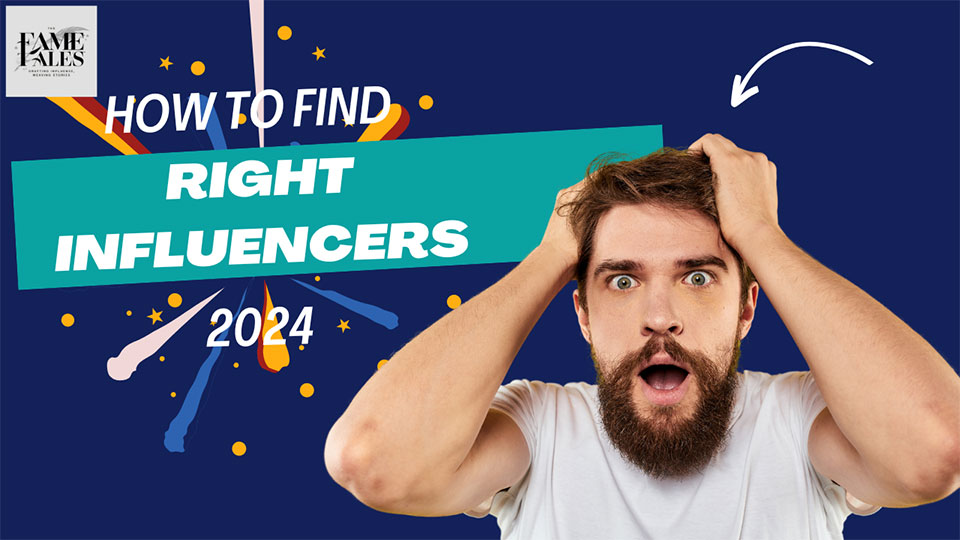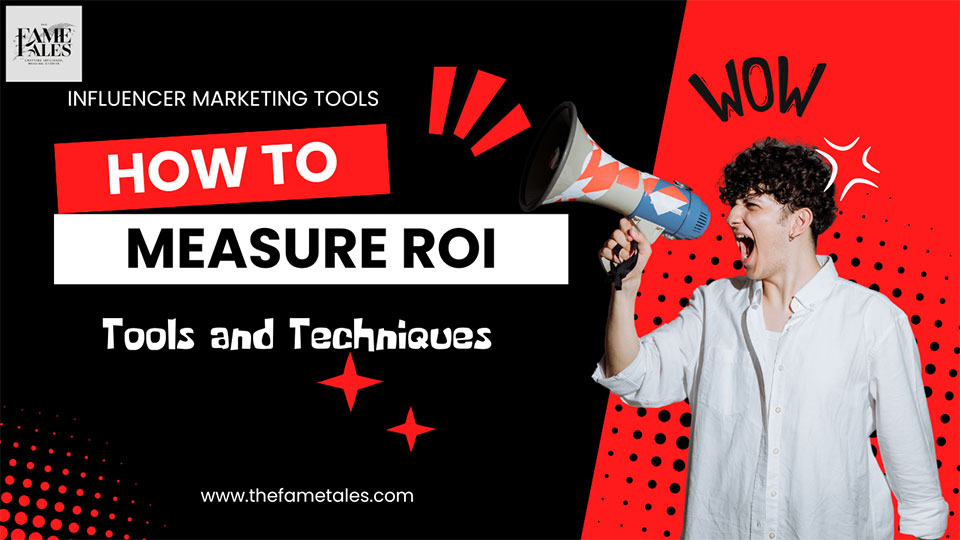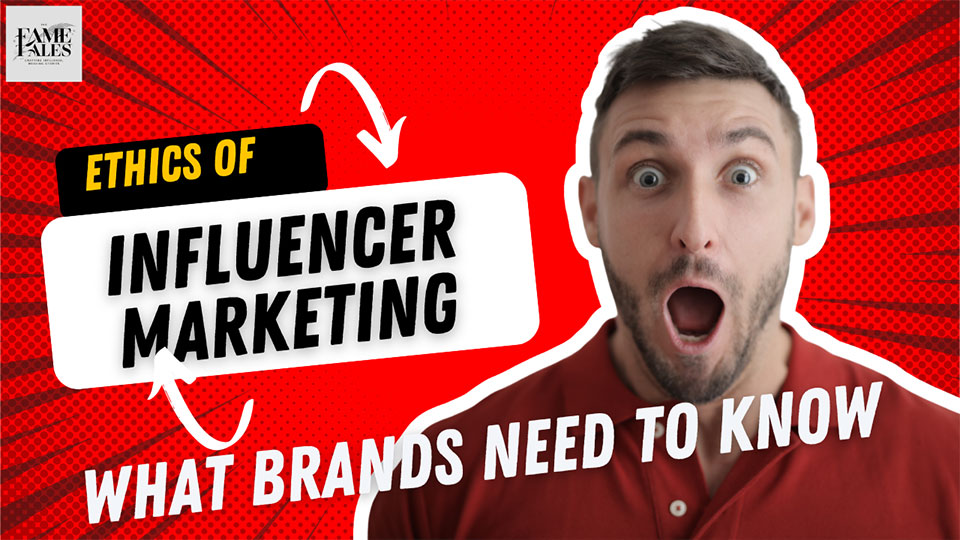Influencer Marketing for Small Businesses: Tips and Tricks

Introduction
In today's digital age, influencer marketing has emerged as a powerful tool for small businesses. Unlike traditional marketing methods, influencer marketing leverages the credibility and reach of individuals with substantial social media followings to promote products and services. This blog will delve into the benefits of influencer marketing for small businesses and provide actionable tips and tricks to maximize your marketing efforts. Let's explore how small businesses can harness the power of influencer marketing to achieve their goals.
Understanding Influencer Marketing
Influencer marketing involves partnering with individuals who have a dedicated social media following to promote your brand. These individuals, known as influencers, can range from celebrities and industry experts to bloggers and everyday consumers. The key to successful influencer marketing lies in the authenticity and trust that influencers have built with their audience.
What Makes Influencer Marketing Effective?
- Authenticity: Influencers create genuine content that resonates with their audience, making promotions feel more organic compared to traditional advertisements.
- Reach: Influencers have the ability to reach niche audiences that may be difficult to target through conventional marketing channels.
- Engagement: Content shared by influencers often sees higher engagement rates, translating to more interactions and conversions for brands.
Benefits of Influencer Marketing for Small Businesses
1. Cost-Effective
For small businesses with limited marketing budgets, influencer marketing can be a cost-effective strategy. Unlike large-scale advertising campaigns, collaborating with micro-influencers (those with smaller, but highly engaged followings) can yield significant returns without breaking the bank.
2. Builds Trust and Credibility
Influencers have already established trust with their audience. When they endorse your product or service, it carries more weight than a traditional ad, leading to increased trust and credibility for your brand.
3. Increases Brand Awareness
Partnering with influencers can significantly boost your brand's visibility. By leveraging their follower base, you can reach a wider audience and increase your brand awareness.
4. Drives Traffic and Conversions
Influencers can drive traffic to your website and social media pages, leading to higher conversion rates. Their recommendations can prompt their followers to take action, whether it's making a purchase or signing up for a newsletter.
5. Enhances Social Proof
Positive reviews and mentions by influencers serve as powerful social proof. Potential customers are more likely to trust your brand when they see it endorsed by someone they admire.
Types of Influencers
Understanding the different types of influencers is crucial for crafting an effective influencer marketing strategy.
1. Mega-Influencers
These are celebrities and individuals with millions of followers. While they have a vast reach, they often come with high collaboration costs and may not always have a highly engaged audience.
2. Macro-Influencers
Macro-influencers have a follower count ranging from 100,000 to 1 million. They are often experts in their fields and have a substantial influence on their audience.
3. Micro-Influencers
Micro-influencers have followers ranging from 1,000 to 100,000. They tend to have a highly engaged and loyal follower base, making them ideal for small businesses looking for cost-effective collaborations.
4. Nano-Influencers
Nano-influencers have fewer than 1,000 followers but possess a very tight-knit community. Their recommendations are often seen as highly trustworthy by their small but dedicated audience.
Finding the Right Influencers
Selecting the right influencers is crucial for the success of your influencer marketing campaign. Here are some steps to help you find the perfect match:
1. Define Your Goals
Before you start searching for influencers, clearly define your marketing goals. Are you looking to increase brand awareness, drive sales, or enhance your social media presence? Knowing your objectives will help you identify influencers who can best achieve these goals.
2. Identify Your Target Audience
Understanding your target audience is key to finding influencers who can effectively reach them. Consider factors such as demographics, interests, and behaviors when defining your audience.
3. Use Influencer Discovery Tools
There are several tools available to help you find influencers in your niche. Platforms like BuzzSumo, Influencity, and HypeAuditor can provide valuable insights into an influencer's reach, engagement, and audience demographics.
4. Analyze Engagement Rates
An influencer's follower count is not the only metric to consider. High engagement rates are a strong indicator of an influencer's ability to connect with their audience. Look for influencers with consistent likes, comments, and shares on their posts.
5. Check Authenticity
Authenticity is critical in influencer marketing. Ensure the influencer's followers and engagement are genuine. Tools like Social Blade can help you analyze an influencer's follower growth and engagement patterns.
Building Relationships with Influencers
Building strong relationships with influencers is essential for long-term success. Here are some tips to foster positive relationships:
1. Personalize Your Outreach
Avoid generic messages when reaching out to influencers. Personalize your outreach by mentioning specific aspects of their content that you admire and explaining why you believe they are a great fit for your brand.
2. Offer Value
Provide influencers with value beyond just monetary compensation. This could be in the form of exclusive products, experiences, or insights into your brand.
3. Communicate Clearly
Clear communication is key to a successful partnership. Clearly outline your expectations, campaign goals, and deliverables to ensure both parties are on the same page.
4. Foster Genuine Connections
Building genuine connections with influencers can lead to more authentic and effective collaborations. Engage with their content, show appreciation for their work, and be supportive of their creative process.
Creating Effective Campaigns
An effective influencer marketing campaign requires careful planning and execution. Here are some steps to ensure your campaigns are successful:
1. Set Clear Objectives
Define clear and measurable objectives for your campaign. Whether it's increasing brand awareness, driving sales, or boosting social media engagement, having specific goals will guide your campaign strategy.
2. Develop a Content Strategy
Work with influencers to develop a content strategy that aligns with your brand and resonates with their audience. Provide guidelines but allow influencers the creative freedom to craft authentic content.
3. Utilize Multiple Platforms
Leverage multiple social media platforms to maximize your reach. Different platforms offer unique advantages, so tailor your content to suit each platform's strengths.
4. Monitor and Adjust
Track the performance of your campaign in real-time. Use analytics tools to monitor engagement, reach, and conversions. Be prepared to make adjustments as needed to optimize your campaign's effectiveness.
Measuring Success
Measuring the success of your influencer marketing campaigns is crucial to understanding their impact and optimizing future efforts.
1. Track Key Metrics
Identify key metrics that align with your campaign goals. These could include engagement rates, website traffic, conversion rates, and return on investment (ROI).
2. Use Analytics Tools
Leverage analytics tools to gather data and insights. Platforms like Google Analytics, Hootsuite, and Sprout Social can help you track and analyze the performance of your campaigns.
3. Evaluate ROI
Calculate the ROI of your influencer marketing campaigns to assess their effectiveness. Compare the cost of your campaigns to the revenue generated or other measurable outcomes to determine their success.
4. Gather Feedback
Collect feedback from influencers and their audience to gain insights into what worked well and what could be improved. This feedback can help you refine your future campaigns.
Common Mistakes to Avoid
While influencer marketing can be highly effective, there are common mistakes that small businesses should avoid:
1. Focusing Only on Follower Count
Choosing influencers based solely on their follower count can be misleading. Instead, prioritize engagement rates and the relevance of their audience to your brand.
2. Lack of Clear Goals
Without clear goals, it can be challenging to measure the success of your campaigns. Define specific and measurable objectives before launching any influencer marketing efforts.
3. Ignoring Micro and Nano-Influencers
Micro and nano-influencers can offer high engagement rates and authentic connections with their audience. Don't overlook these influencers in favor of larger ones.
4. Overlooking the Importance of Authenticity
Authenticity is key to successful influencer marketing. Ensure that the influencers you partner with genuinely align with your brand values and messaging.
Conclusion
Influencer marketing offers small businesses a unique and effective way to reach their target audience, build trust, and drive conversions. By understanding the various types of influencers, finding the right partners, and creating well-planned campaigns, small businesses can harness the power of influencer marketing to achieve their goals. Remember to measure your success, gather feedback, and continuously refine your strategies to stay ahead in the competitive landscape. With the right approach, influencer marketing can become a cornerstone of your small business's marketing strategy.
Other Blog
- Influencer Marketing for Small Businesses: Tips and Tricks
- The Impact of Gen Z on Influencer Marketing Strategies
- How to Find the Right Influencers for Your Brand in 2024
- The Rise of Micro-Influencers in 2024: Why Smaller is Bigger
- How to Measure ROI in Influencer Marketing: Tools and Techniques
- The Benefits of Long-Term Influencer Partnerships
- How to Use Influencer Marketing for Product Launches
- The Ethics of Influencer Marketing: What Brands Need to Know
- How to Avoid Common Pitfalls in Influencer Marketing Campaigns
- The Future of Influencer Marketing: Predictions for the Next 5 Years
Related Blogs

Influencer Marketing for Small Businesses: Tips and Tricks

The Impact of Gen Z on Influencer Marketing Strategies

How to Find the Right Influencers for Your Brand in 2024

The Rise of Micro-Influencers in 2024: Why Smaller is Bigger

How to Measure ROI in Influencer Marketing: Tools and Techniques

The Benefits of Long-Term Influencer Partnerships

How to Use Influencer Marketing for Product Launches

The Ethics of Influencer Marketing: What Brands Need to Know

How to Avoid Common Pitfalls in Influencer Marketing Campaigns

